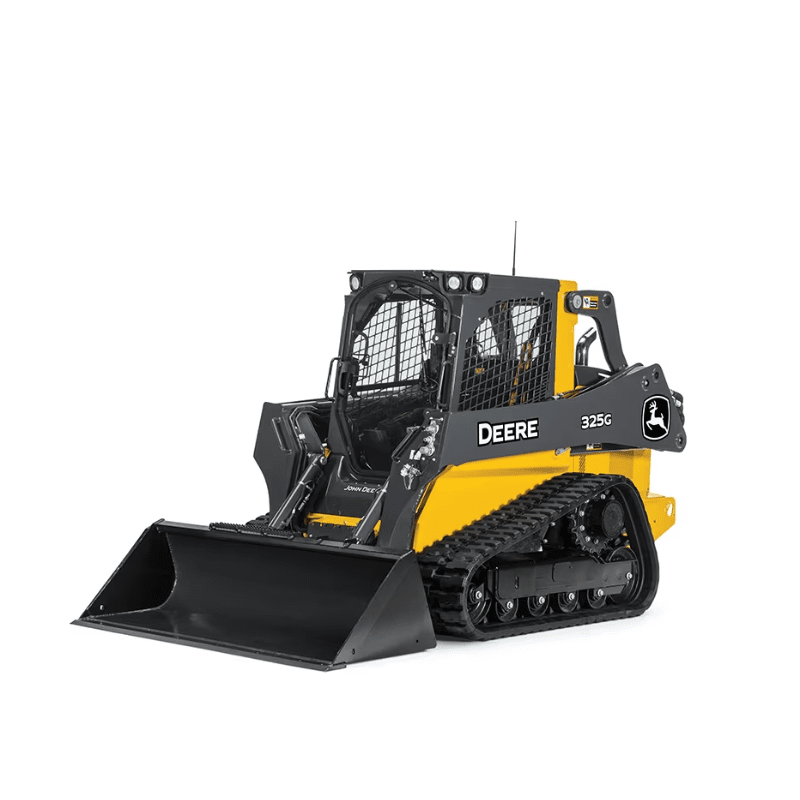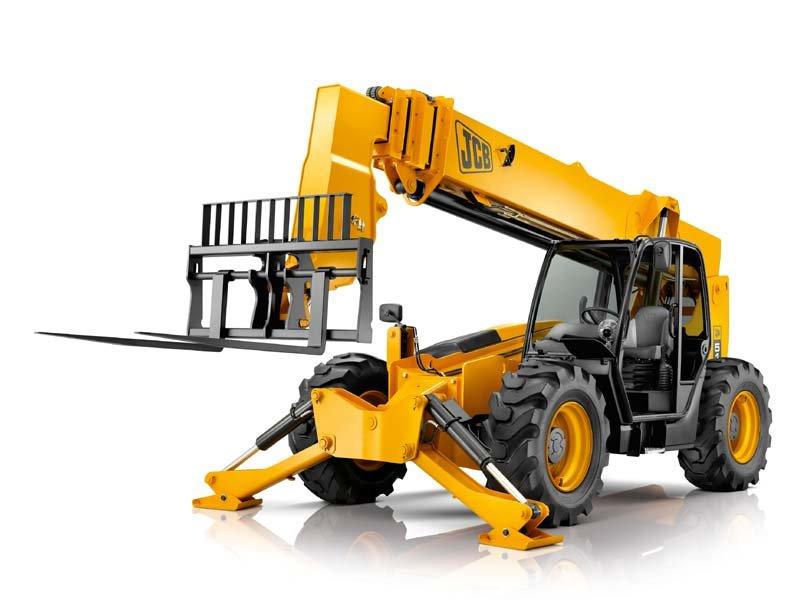Aerial Lift Rental: Versatile Training Solutions for High-Access Jobs
Aerial Lift Rental: Versatile Training Solutions for High-Access Jobs
Blog Article
Maximize Your Budget by Understanding the Prices Connected With Building Equipment Services
Recognizing the full range of prices associated with building and construction equipment leasings is critical for maximizing your budget plan. What methods can be used to effectively handle these expenses and make certain a more effective rental experience?
Review of Rental Expenses
When considering building and construction devices rentals, recognizing the connected expenses is paramount for reliable budgeting and job preparation. Rental expenses can vary significantly based upon several factors, consisting of equipment kind, period of leasing, and area. The initial rental cost typically mirrors the devices's market need and its associated functional capacities, influencing the total expense.
In enhancement to the base rental rate, supplementary prices may develop, such as transportation charges, gas surcharges, and maintenance costs. It is vital to account for these extra expenditures to precisely analyze the total price of renting devices. Additionally, the rental duration can influence prices; longer services may receive reduced prices, while short-term rentals may incur greater everyday fees.

Breakdown of Rental Prices
A comprehensive understanding of rental prices is essential for contractors and project supervisors intending to enhance their budget plans. Rental rates for building devices usually contain a number of elements, including base rates, time-based costs, and use charges.
Base rates are the core charges connected with the leasing of the equipment, frequently identified by the type and dimension of the machinery. These rates can differ dramatically, affected by aspects such as equipment demand, schedule, and local market patterns. Time-based charges, which might be daily, weekly, or monthly, serve to suit various project timelines and rental periods.
Furthermore, rental rates might include use charges, which apply when equipment is made use of past a specified limit, making sure that the rental business can account for damage. Seasonal need variations can likewise influence rental prices, with peak building seasons typically commanding greater prices.
Furthermore, understanding the rental business's plans regarding maintenance and insurance policy can provide further insight right into the general expense structure. By analyzing these elements, service providers can make informed choices, making certain the option of rental tools aligns with both project requirements and spending plan restrictions.
Extra Fees to Take Into Consideration
Understanding the complexities of additional fees is important for contractors to manage their overall rental costs successfully. Past the typical rental prices, numerous supplemental fees can dramatically impact the total cost of devices service. These costs often include shipment and pick-up fees, which can differ based upon distance and logistics associated with transferring the devices to and from the work website.
In addition, some rental companies why not try here may impose gas additional charges if the devices is returned with much less gas than when rented. It is likewise necessary to recognize potential cleaning fees, especially for customized equipment that needs comprehensive upkeep after usage.

Completely examining the rental contract and clarifying these additional fees ahead of time can assist contractors avoid unanticipated prices and make sure that spending plans remain undamaged throughout the job lifecycle.
Upkeep and Repair Service Expenses
Routine repair and maintenance expenses are commonly overlooked aspects that can considerably affect the overall price of building tools rentals. When leasing equipment, it is important to consider not only the rental costs but likewise the potential expenses related to keeping the machinery in optimum operating condition.
Numerous rental firms include basic upkeep as component of the rental agreement; nevertheless, extra unforeseen failures or extensive repair work can cause added expenditures. It's important to examine the rental agreement carefully to understand what maintenance solutions are covered and what obligations drop on the renter.
Additionally, devices that is not properly maintained can lead to inefficiencies on the task website, possibly causing delays and raising job expenses. To alleviate these dangers, it is suggested to perform regular inspections and preserve open communication with the rental supplier pertaining to any type of problems that develop throughout usage.
Insurance Policy and Liability Costs
Insurance and obligation expenses are important elements that can substantially influence the total expenditure of building and construction tools leasings (equipment rental company). These prices make sure that both the rental business and the client are important link shielded from prospective financial losses emerging from crashes, damage, or burglary throughout the rental period

Furthermore, customers ought to be mindful of any deductibles or exemptions in the insurance coverage, as these can influence prospective out-of-pocket expenditures. Comprehending the terms of any type of insurance policy coverage is essential to prevent unanticipated costs. Inevitably, budgeting for insurance coverage and liability expenditures can help guarantee a smoother rental experience and shield against monetary threats related to building and construction projects.
Final Thought
Finally, a comprehensive understanding of the expenses connected with building and construction equipment rentals is necessary for reliable budget administration. By assessing rental rates, additional charges, upkeep expenditures, and insurance policy individuals, companies and needs can lessen unexpected expenditures. This calculated approach not only enhances cost-effectiveness yet likewise guarantees that projects advance smoothly and efficiently. Inevitably, educated decision-making concerning tools rentals adds to the overall success of construction undertakings.
Rental costs can differ dramatically based on numerous elements, including tools type, duration of service, and place (construction equipment rentals). The rental period can affect pricing; longer services may qualify for reduced rates, while temporary rentals could incur higher day-to-day fees
By performing thorough research study and engaging with trusted rental companies, specialists can efficiently browse the complexities of rental prices, ultimately optimizing their financial sources.
Past the conventional rental rates, different supplementary fees can significantly affect the complete cost of tools rental. Rental business often supply liability insurance coverage that covers injuries to 3rd parties or damages to residential or commercial property, while tools damage insurance coverage can cover the price of repair work or substitute if the rented out equipment is harmed.
Report this page